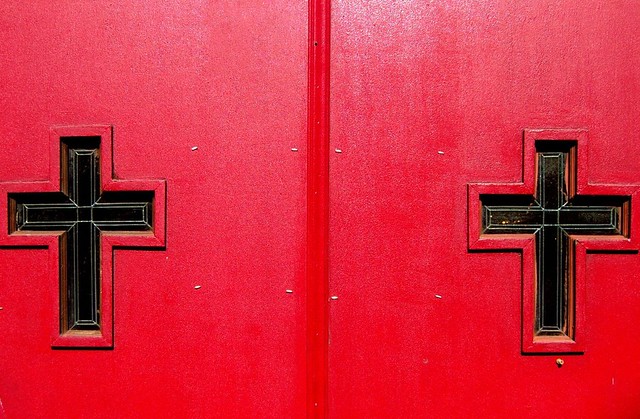A.S. Haley: Changing the Constitution: Final Approval in 1901

Excerpt:
The Church's governing structures, therefore, are structures of delegated powers. They may exercise only the powers granted to them in the Constitution -- and no others. This is why the latest changes to Title IV of the Canons are unconstitutional: they grant the diocesan bishops, and the Presiding Bishop in particular, wide-ranging powers of discipline over the clergy which violate the reserved powers of the dioceses themselves. And this is also why the Episcopal Church is not a hierarchical church, from a national point of view -- because General Convention has absolutely no power over individual dioceses, and cannot order them to do anything. General Convention, on the few days it meets every three years, is nothing more than a collection of the dioceses assembled for the purposes of deciding upon a common plan, budget and mission for the next three years. It is the dioceses themselves -- whose existence is continuous -- which must carry out the plan, budget and mission thus collectively decided upon, and ideally the bureaucracy at 815 exists only to assist the dioceses in that ongoing function.
Under a series of recent Presiding Bishops, however, 815 has taken on a life and power of its own -- and under our current Presiding Bishop, that office itself has assumed powers never dreamed of by the founders. There is an ongoing conspiracy among the bishops of the Church to allow Katharine Jefferts Schori to assert those unprecedented powers, and it has led to a deterioration in relationships among the several dioceses. It has also brought the Church to the brink of a constitutional crisis, which will become most evident after next July, if the Presiding Bishop and other bishops begin to wield the arbitrary powers granted to them under the new Title IV provisions.
It is time for the bishops to pause on their way to the edge of the cliff, and to look back at the Church's history before they decide to plunge over the precipice. If they will only do so now, there remains time to pull back, and to resume the more moderate path laid out for them by those who wrote the Constitution in 1789, and by those who revised it in 1901. The Church must remain true to its founding principles, or it will no longer be the Episcopal Church in the United States of America. image by Darwin Bell
Full essay here


0 Comments:
Post a Comment
<< Home